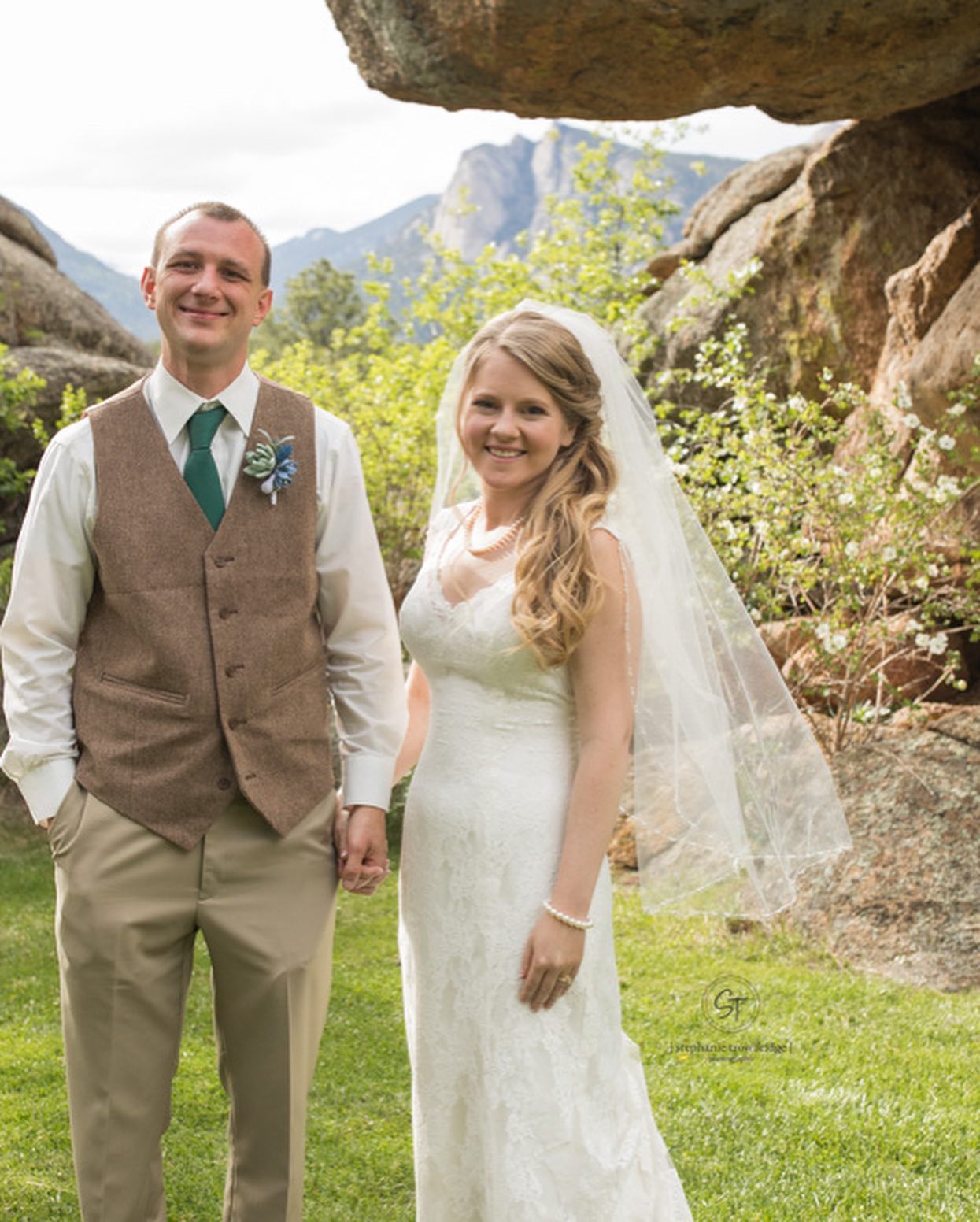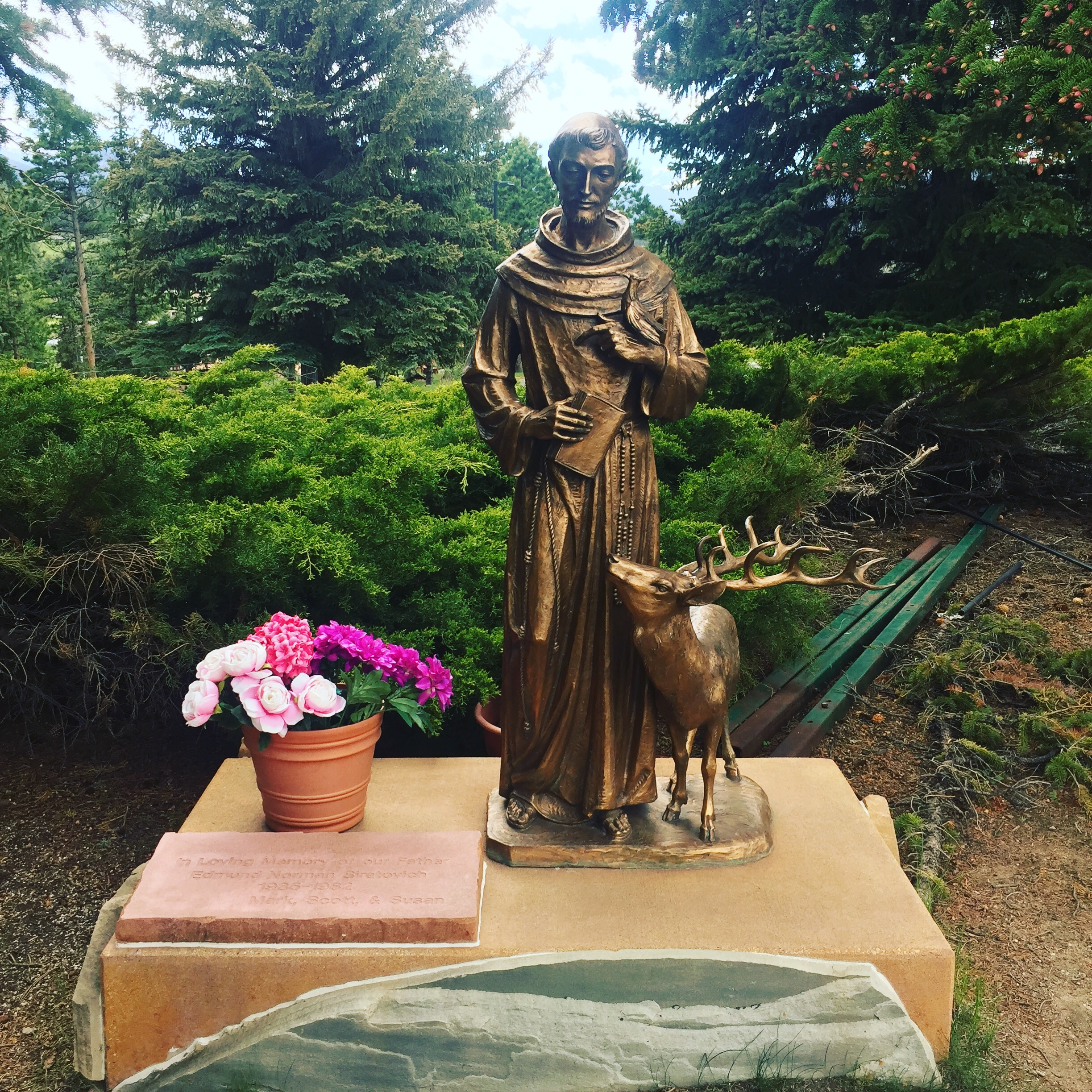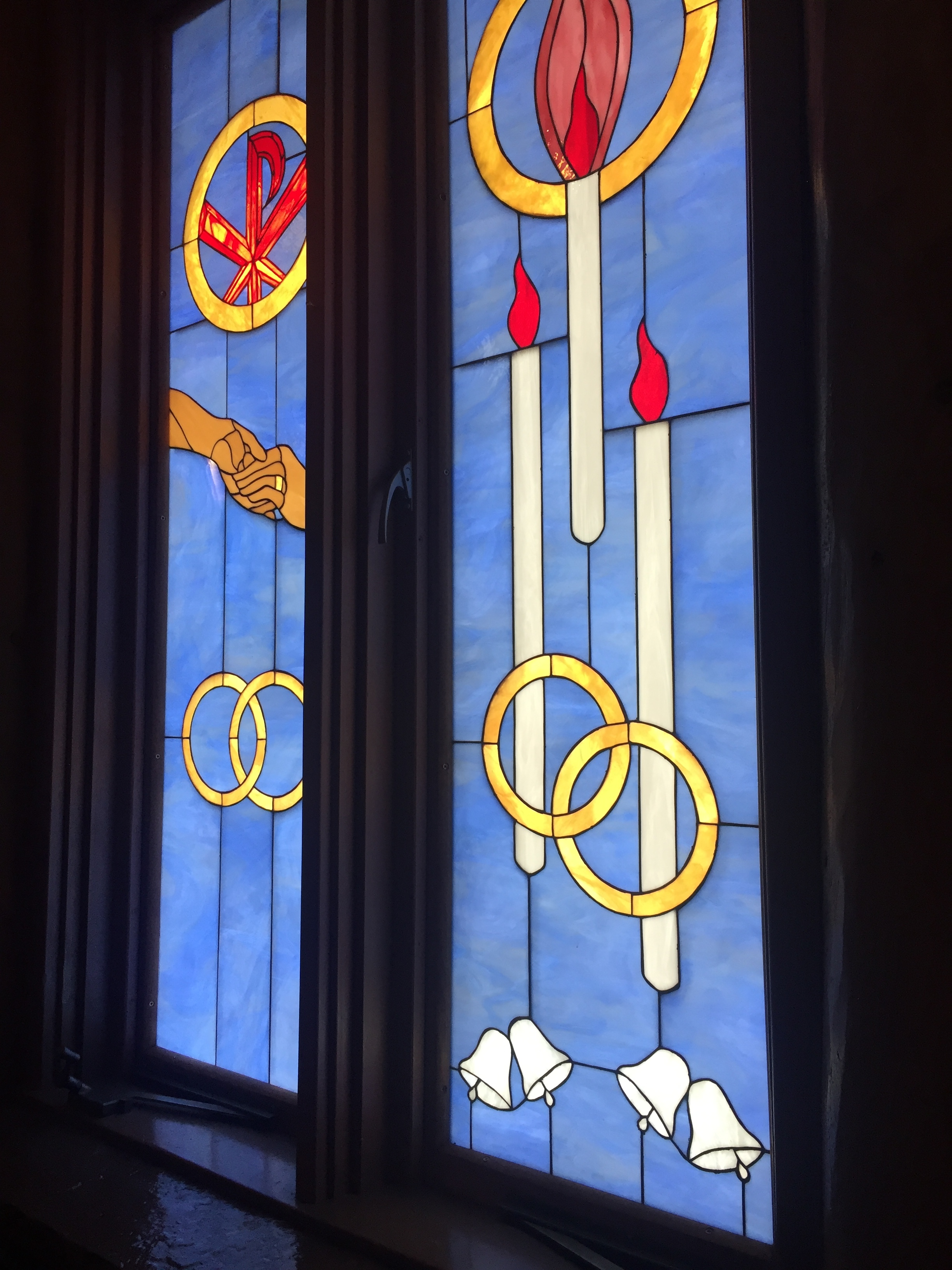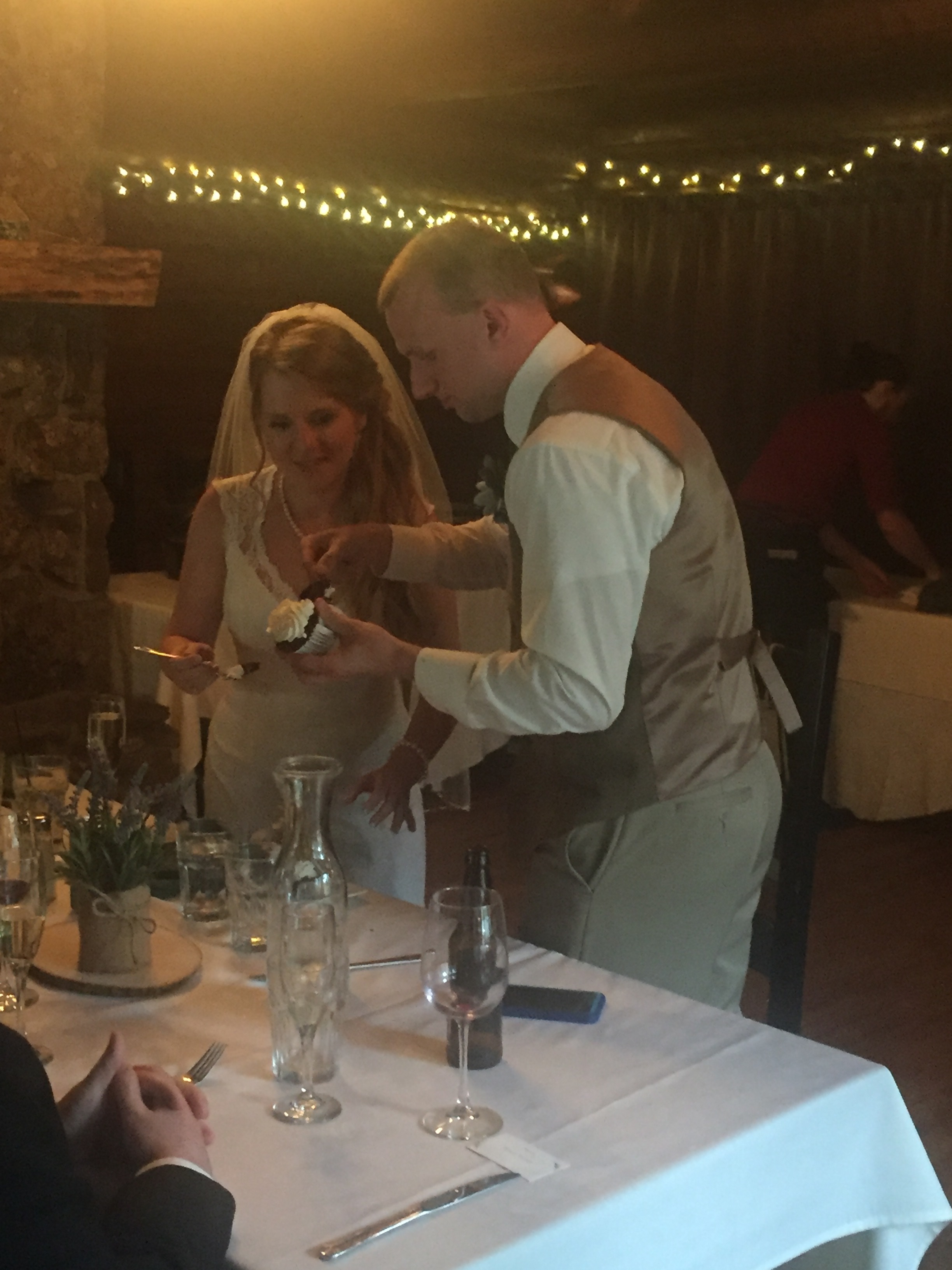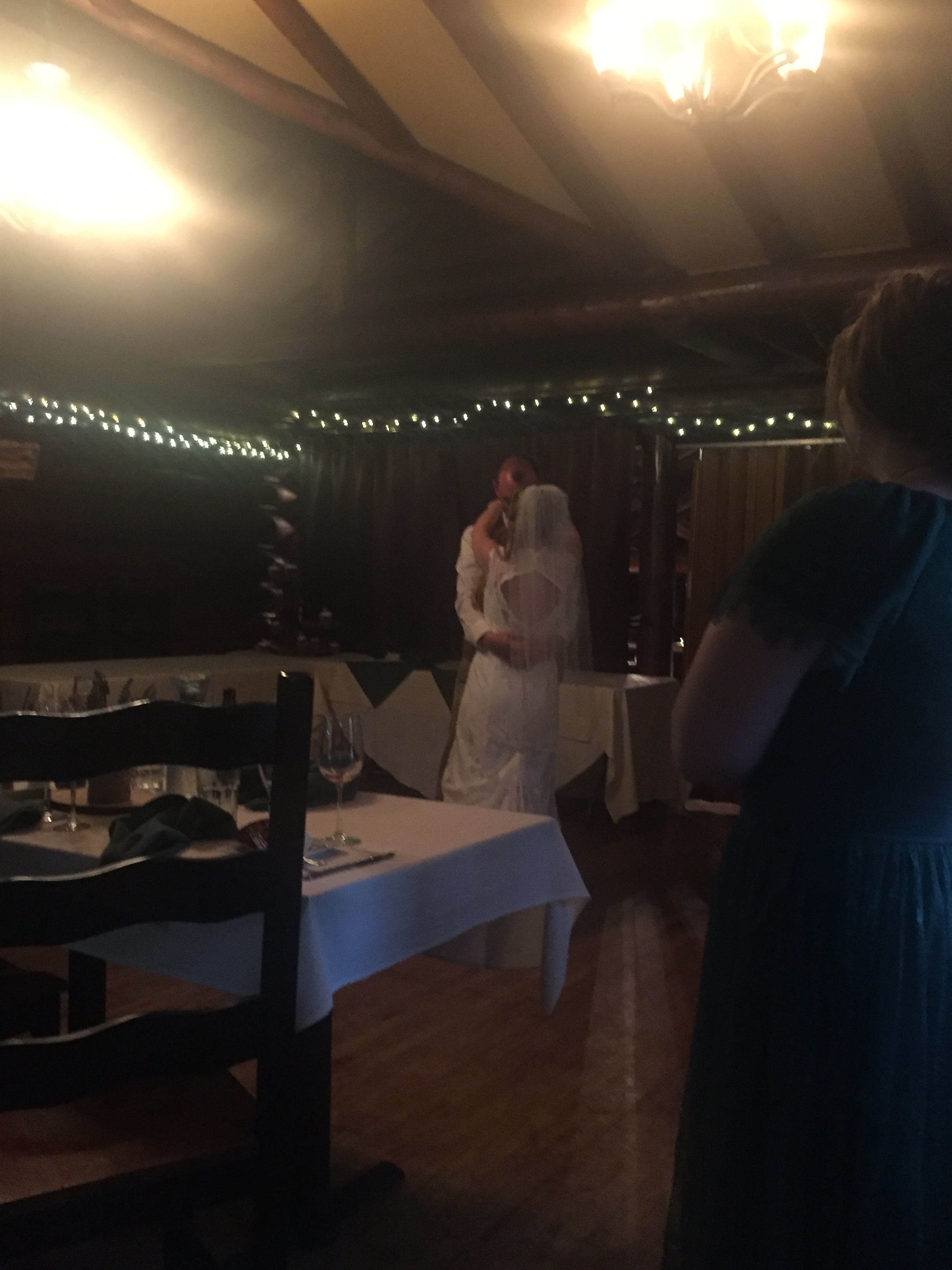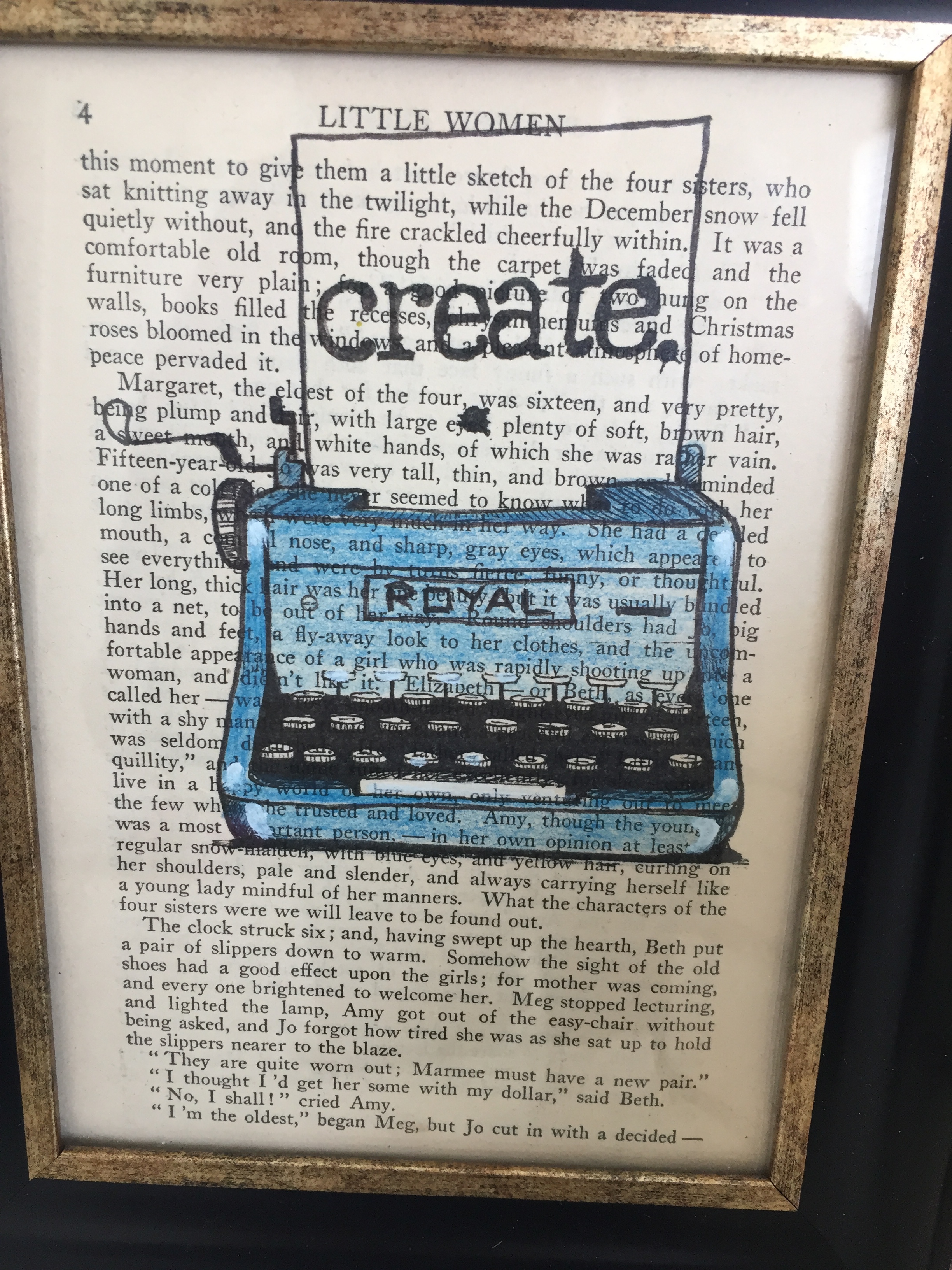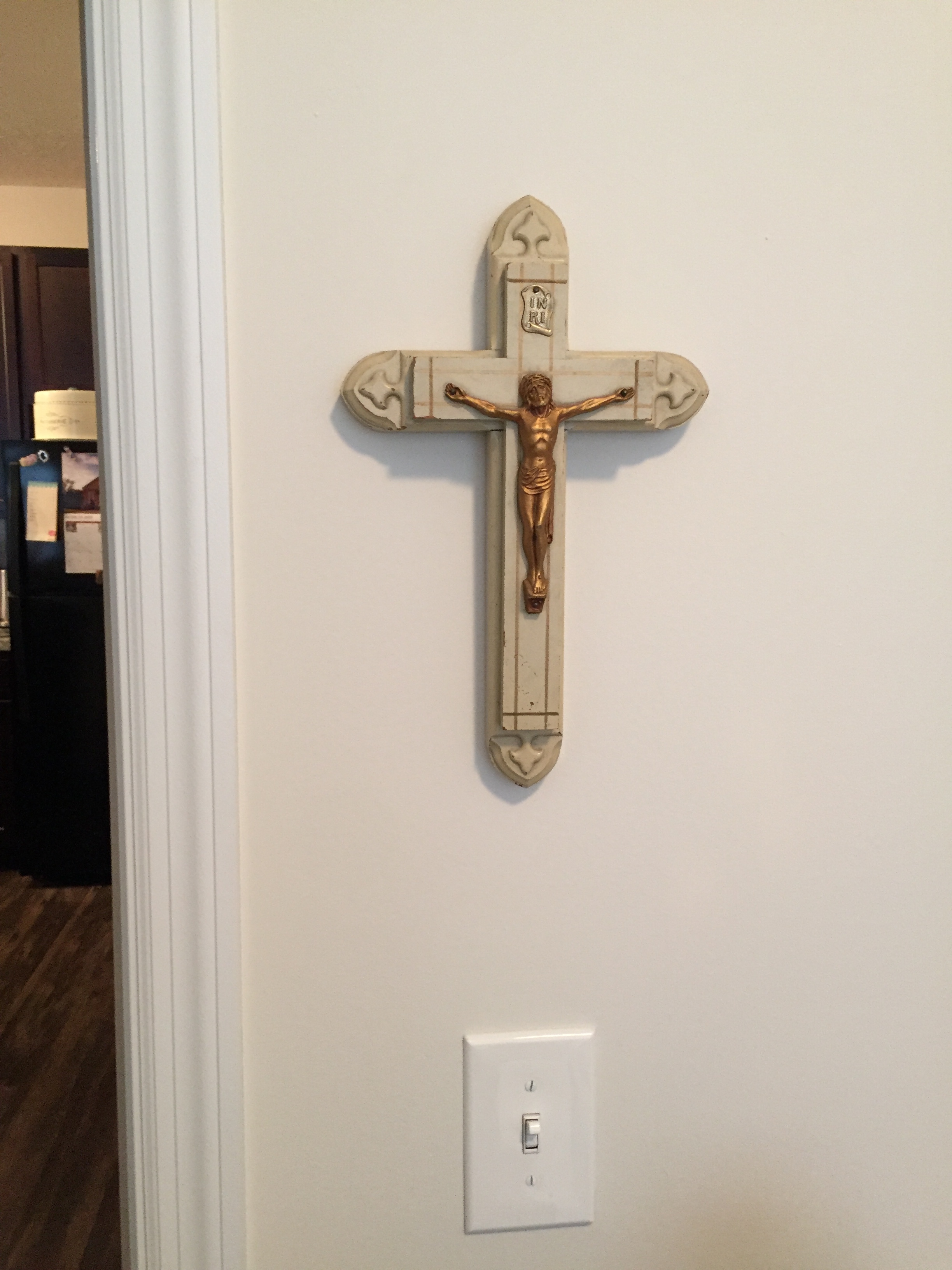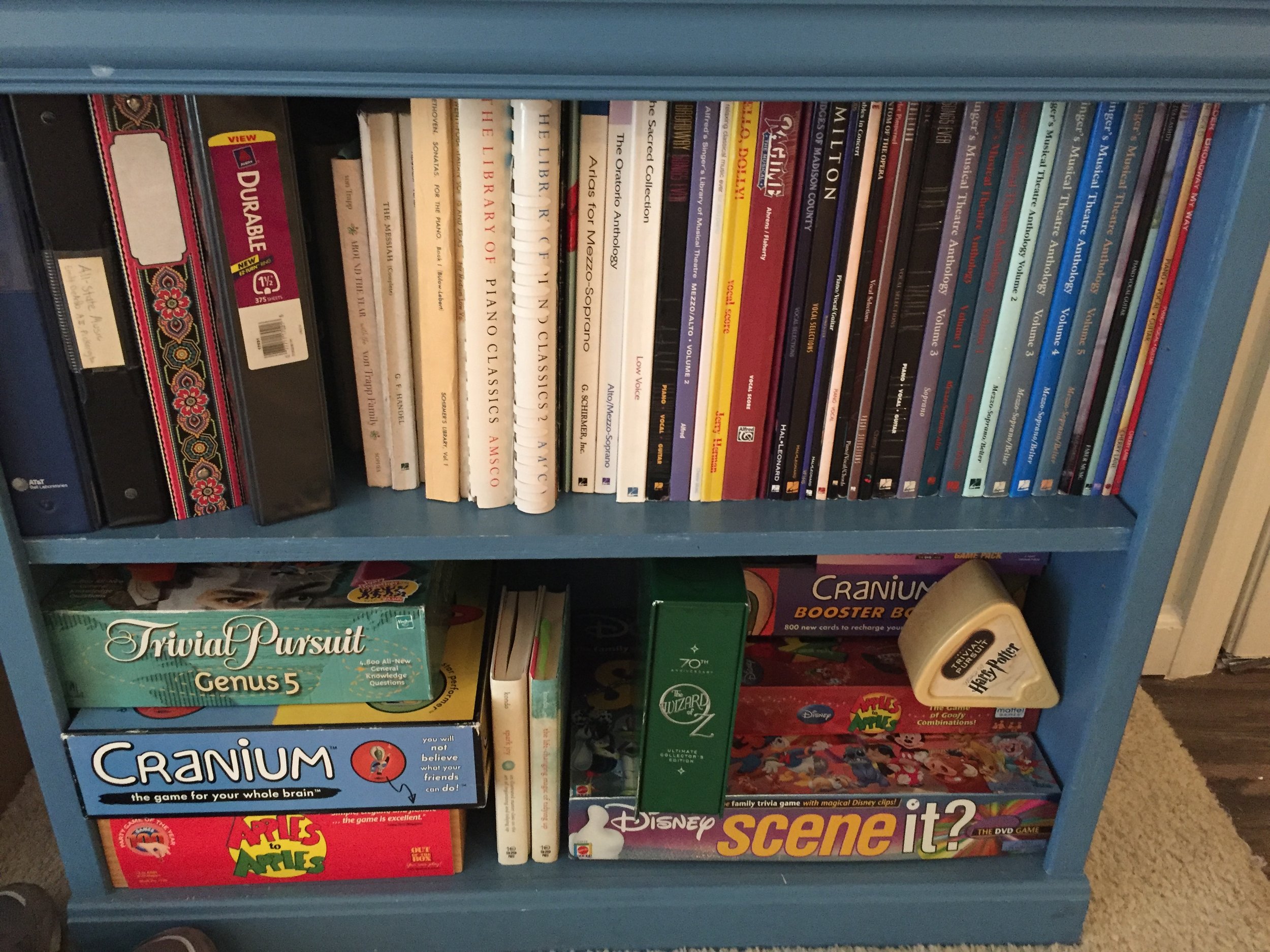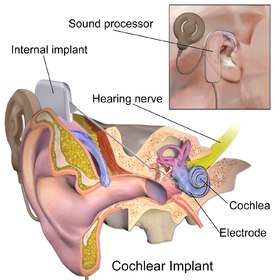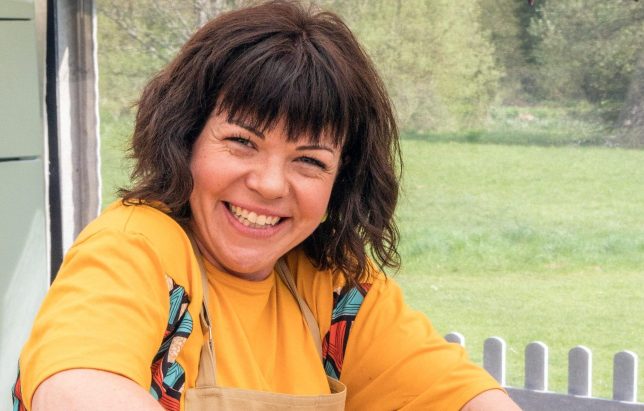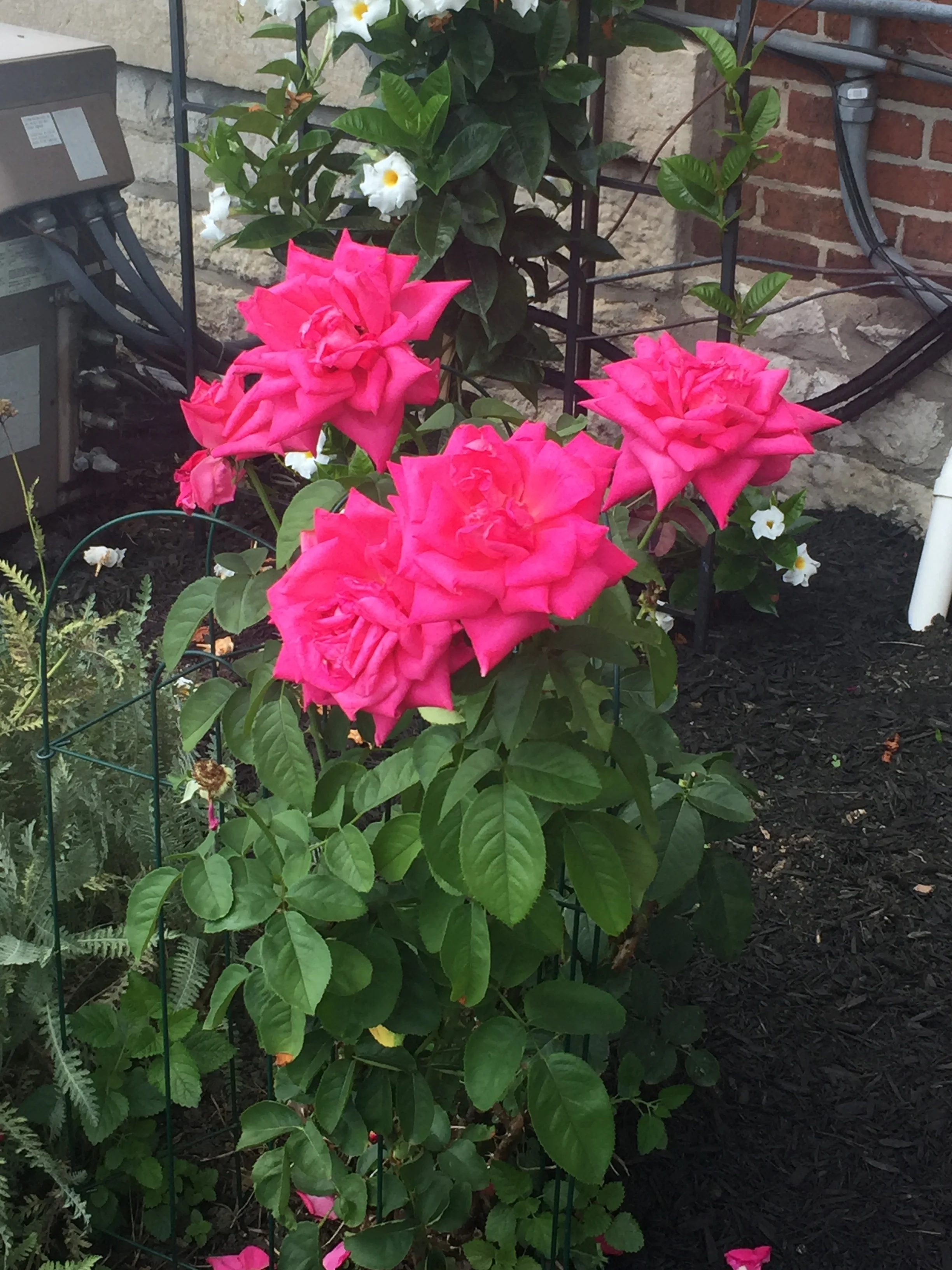“The Song of the Lark”
Amber has joined my buddy Sage.
It’s sort of funny. It used to be that CF kids knew each other more than I did—we’d have wards and camps and so people had lots of CF friends. I never did, because that was all on the way out when I was diagnosed. I knew one kid from my first admission—Elvis (yes, that’s his name)—but I never saw him again after those two weeks of my first admit. (Although, in a strange twist of fate, one of my best college friends was from his hometown, and his mom was his teacher.)
There was Jenny, my freshman year of college—we were on the same dorm floor. I don’t know what happened to her.
But post transplant, I met more people with CF. Sage. Piper. People on Facebook. Kathleen. And Amber.
Unlike Sage, I had met Amber several times. She was the second transplant at our center (I was first, a fact that was a bee in her bonnet for awhile. Cracked me up.). She was younger than me, around my brother’s age (she was born in 1986). She’d been diagnosed with CF the normal way—as a little kid—but she lived nearer the Toledo center so that’s where she got her CF treatment.
We were both writers—she wrote a book called Breathtaking about her experience—and we both went to small Ohio colleges. (She had started at Cedarville University, but couldn’t finish because she got too sick, and eventually graduated from Moody Bible College.) She had a husband and they had adopted a little boy named Noah. He started preschool this month.
Amber had been in rejection for about two years, but she was a force. I mean, I’d never met anyone who was so unapologetic about herself, her life, her goals. She just told you whatever she thought, right out. “You can’t say that to people!” I”d tell her.
“Why not?”
Eventually, some of this rubbed off on me in dealing with our doctors. Ha.
She was just so unapologetically her. Honest, open, passionate, feisty. You always knew what she thought. But she wasn’t mean. She was just open in a way that a lot of people aren’t.
For two years she’d been driving from her home in northwest Ohio to get treatments at The Resort, to try to keep herself alive. There was talk of listing her for a second transplant.
I last saw her in July, at clinic. Clinic days are Mondays and so generally you tend to see other pre and post transplant patients at the same time in the halls and labs and in outpatient radiology. We got to catch up a bit, which was nice, because we hadn’t in awhile. She was carrying around a portable oxygen tank (when I say portable, it really was—it could be slung over your shoulder like a purse), but she was still fiery. Still giving me crap for wearing a skirt to the doctor’s. :-p “Comfort!” She said. And she was right, but I told her I preferred to use my feminine wiles to make the doctors do what I want. I was kidding, and she knew it, and we laughed about it.
I had seen on Instagram that she had missed an outing with her son to the zoo on Labor Day. But I thought she was okay. I have a news feed filter on my facebook app—basically, i don’t see scrolling updates anymore—so I had completely missed that she had been admitted with pneumonia and they had bronched her and she was in the ICU while they figured out a long-term plan.
I messaged her on Wednesday, to ask her a question about treatment. It was my brother’s birthday.
I got from his birthday dinner that night to find a message from her husband—Amber had died on Monday morning.
*
I don’t know why I’m alive, still, and Sage and Amber aren’t. Part of it is the idea that their journey, what God wanted them to do with their lives, was “complete”, I guess. And I’m not done. Which, I mean, is fine, I like being alive. But why me? Why not them too? Why are their husbands widowers, why is Noah without a mom, why did George the dog never see Sage come home? Why? Why do my siblings get to have me, and their siblings don’t?
I don’t know. I know God knows, I know He has his reasons, but I don’t know how much that really helps right now.
In Amber’s case, she had almost fourteen extra years. Her transplant anniversary was September 25. In those fourteen years, she wrote her book, she traveled to speak, she got married, she adopted Noah. She had extra time that she never would’ve had other wise.
But she was still only 33. Sage got an extra year of life, she had a wonderful husband and family and the sweet pups and even sweeter nieces and nephews.
I’m older than both of them.
A lot of people, post transplant, experience the feeling that they need to live for their donor. That they’re sort of entrusted with continuing the donor’s life as well as their own.
I never really felt that—probably because my donor was older, so it wasn’t like another 23 year old had died. (I’m not denigrating my donor’s gift, obviously! OBVIOUSLY. Just trying to explain how I feel.)
But I do feel, now, like I’m living for them. Sometimes I know Sage wants me to do something, to be brave and to ride it out.
And now I’ll feel Amber yelling at me to be honest and tell them how I really feel and figure stuff out, dang it. To just do x.
Both Amber and Sage had strong faith. I know that they’re happy. (I mean, one has to be happy when beholding the beatific vision, right?)
But gosh, I miss them both.






